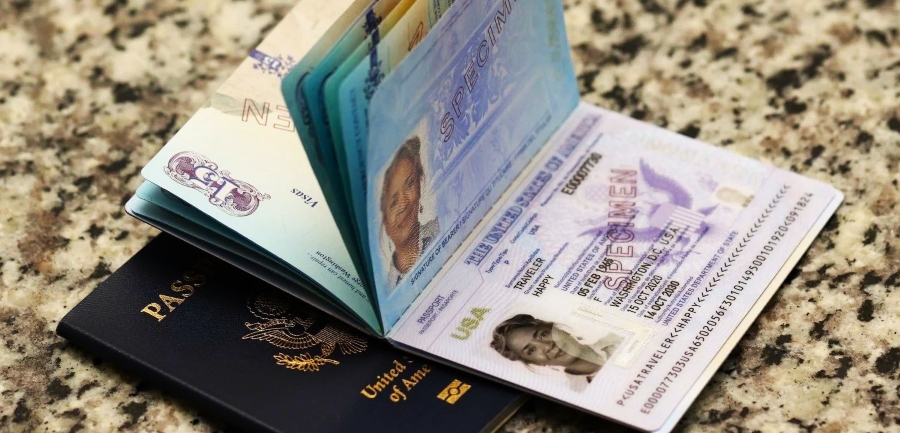Tanzania among the 25 African Countries facing new travel restrictions from the United States
Tanzania is among the listed states in the doom bracket as the United States of America considers expanding the list of countries to be included in the new travel ban.
An additional 36 countries will be doomed under the new restrictions being imposed by the Trump administration, according to the latest memo from the US State Department.
Countries in the East African Community (EAC) facing the U.S travel ban are the Democratic Republic of Congo (DRC), Tanzania (URT) and Uganda.
Essentially, the new list of countries that could face visa bans or other restrictions are 25 African nations, including significant United States’ partners such as Egypt and Djibouti, plus countries in the Caribbean, Central Asia and several Pacific Island nations.
It was not immediately clear when the proposed travel restrictions against those states would be enforced by the U.S f the demands were not met in the course of this week.
The countries facing scrutiny in the memo include Angola; Antigua and Barbuda; Benin; Bhutan; Burkina Faso; Cabo Verde; Cambodia; Cameroon; Democratic Republic of Congo; Djibouti and Dominica.
Others are Ethiopia; Egypt; Gabon; Gambia; Ghana; Ivory Coast; Kyrgyzstan; Liberia; Malawi and Mauritania.
Also included is Niger; Nigeria; Saint Kitts and Nevis; Saint Lucia; Sao Tome and Principe; Senegal; South Sudan; Syria; Tanzania; Tonga; Tuvalu; Uganda; Vanuatu; Zambia; and Zimbabwe.
Such a move would mark another escalation in the Trump administration’s aggressive crackdown on immigration.

The memo, which was signed by Secretary of State Marco Rubio and sent to U.S. diplomats who work with the countries, said the governments of listed nations were being given 60 days to meet new benchmarks and requirements established by the State Department.
It set a deadline for Wednesday, June 18, 2025 for them to provide an initial action plan for meeting the requirements.
The memo identified varied benchmarks that, in the administration’s estimation, these countries were failing to meet.
Some countries had “no competent or cooperative central government authority to produce reliable identity documents or other civil documents,” or they suffered from “widespread government fraud.”
Others had large numbers of citizens who overstayed their visas in the United States, the memo said.
Also cited to be reasons include the availability of citizenship by monetary investment without a requirement of residency and claims of ‘anti-Semitic’ and ‘anti-American’ activity in the United States,’ by people from those countries.
The memo also stated that if a country was willing to accept third-country nationals who were removed from the United States or enter a ‘safe third country,’ agreement, it could mitigate other concerns.

